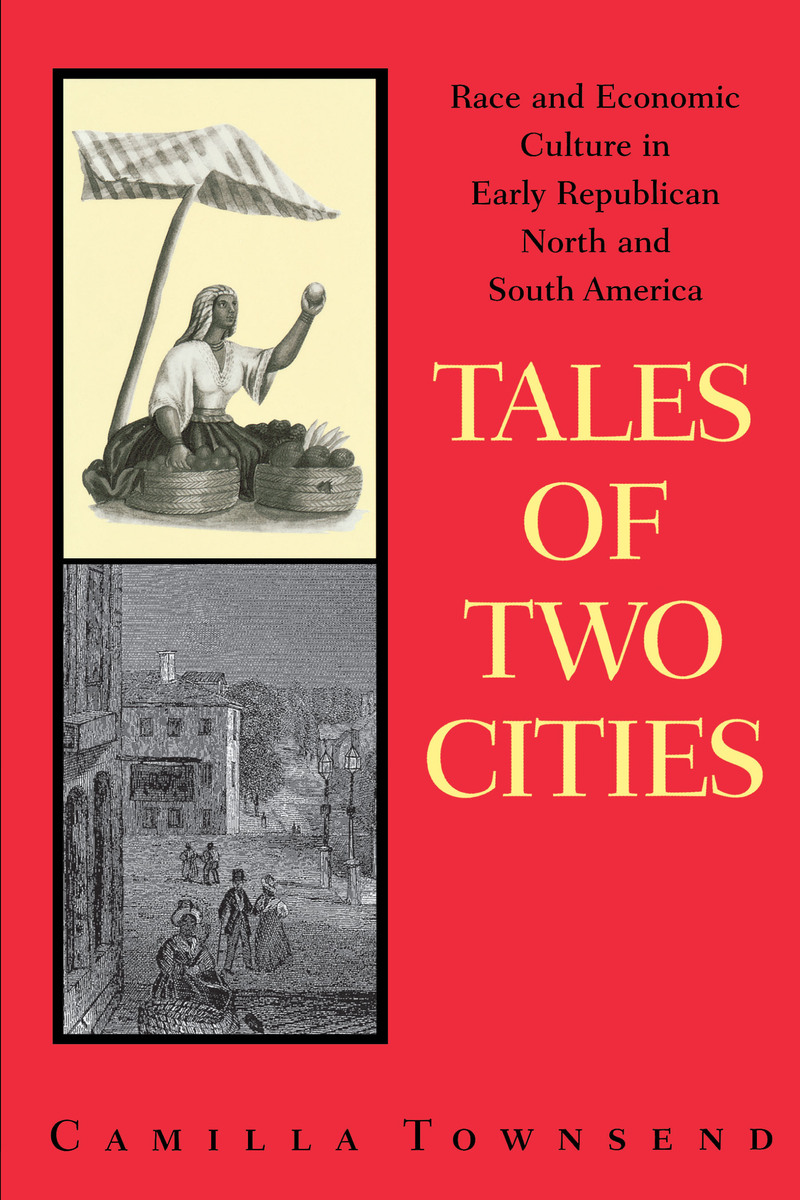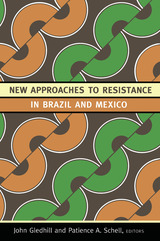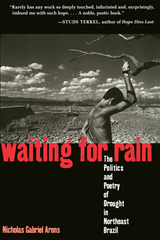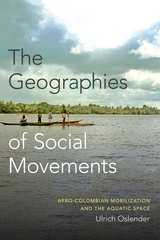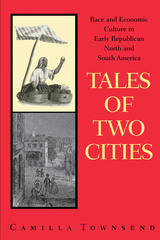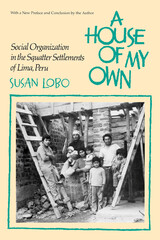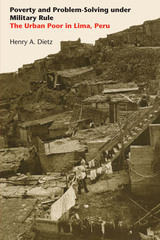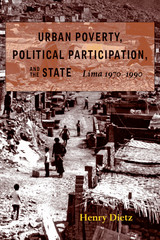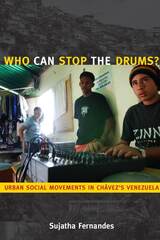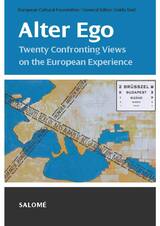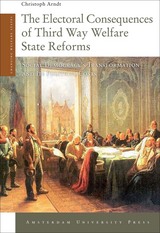eISBN: 978-0-292-79881-6 | Cloth: 978-0-292-78167-2 | Paper: 978-0-292-78169-6
Library of Congress Classification HN320.Z9S67 2000
Dewey Decimal Classification 305.5097526
With a common heritage as former colonies of Europe, why did the United States so outstrip Latin America in terms of economic development in the nineteenth century? In this innovative study, Camilla Townsend challenges the traditional view that North Americans succeeded because of better attitudes toward work—the Protestant work ethic—and argues instead that they prospered because of differences in attitudes towards workers that evolved in the colonial era.
Townsend builds her study around workers' lives in two very similar port cities in the 1820s and 1830s. Through the eyes of the young Frederick Douglass in Baltimore, Maryland, and an Indian woman named Ana Yagual in Guayaquil, Ecuador, she shows how differing attitudes towards race and class in North and South America affected local ways of doing business. This empirical research significantly clarifies the relationship between economic culture and racial identity and its long-term effects.
See other books on: Baltimore | Ecuador | Maryland | Social classes | Tales
See other titles from University of Texas Press
